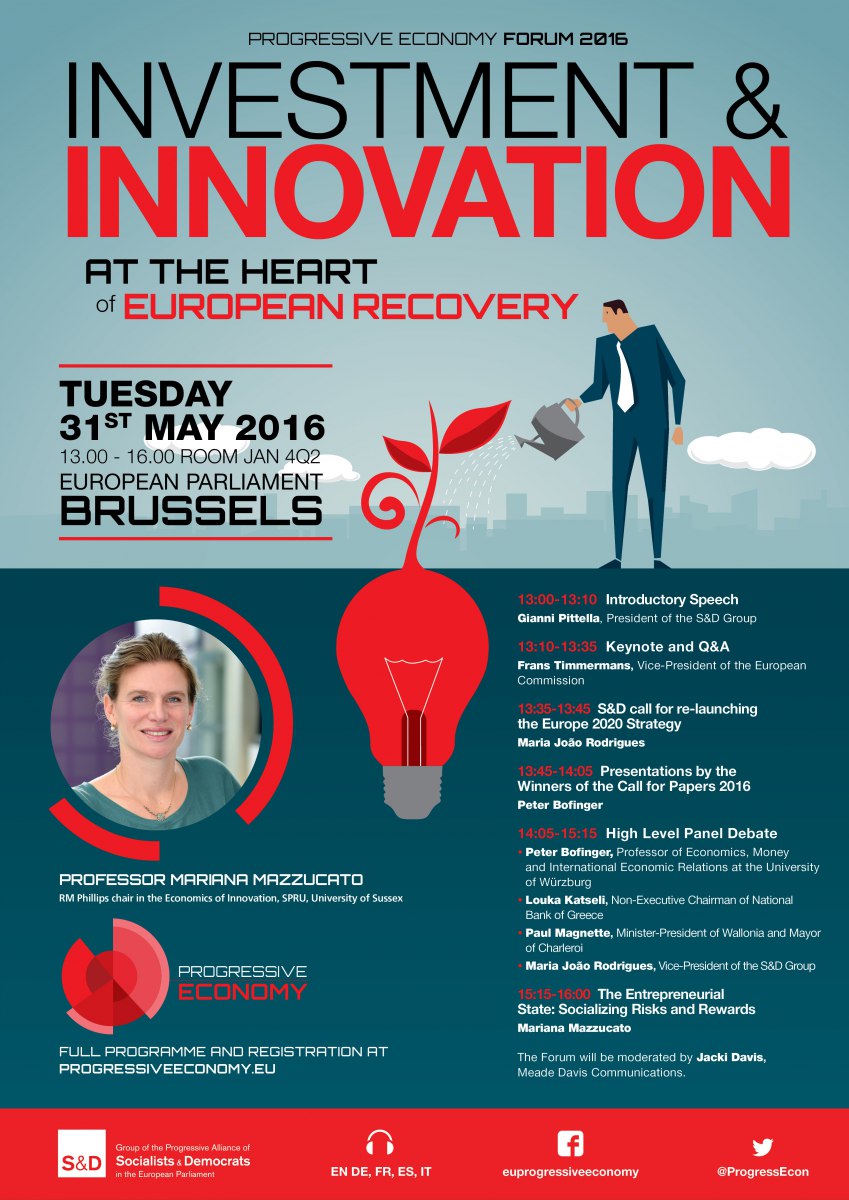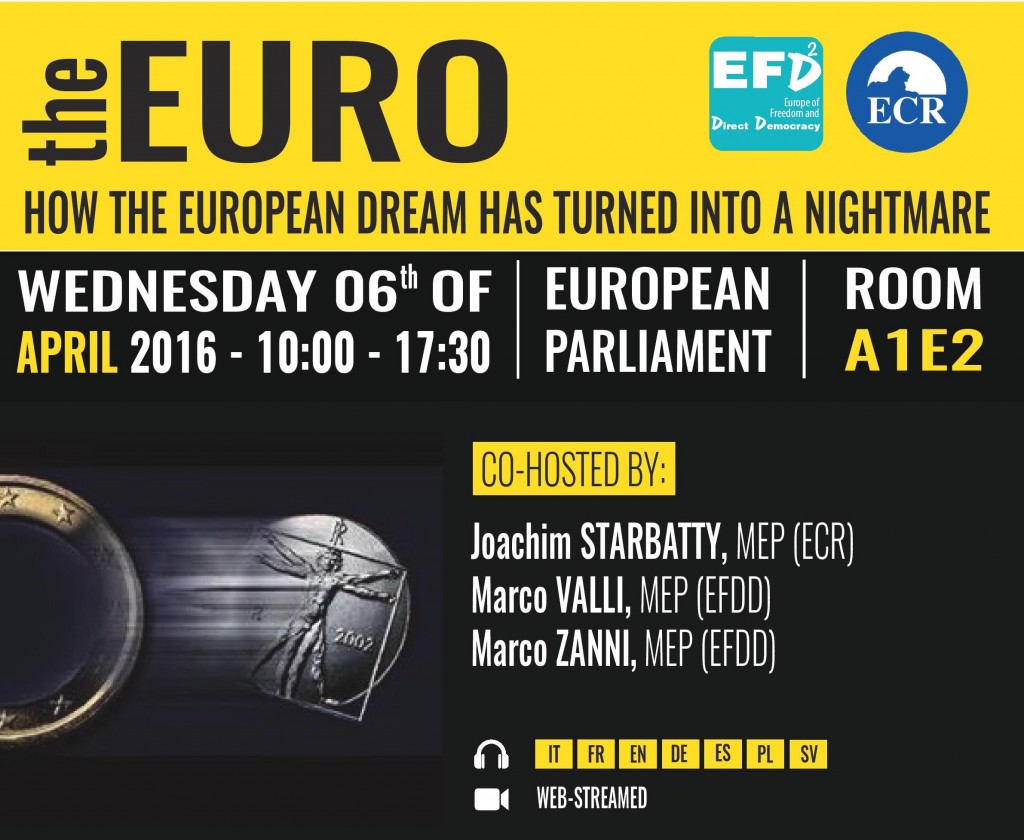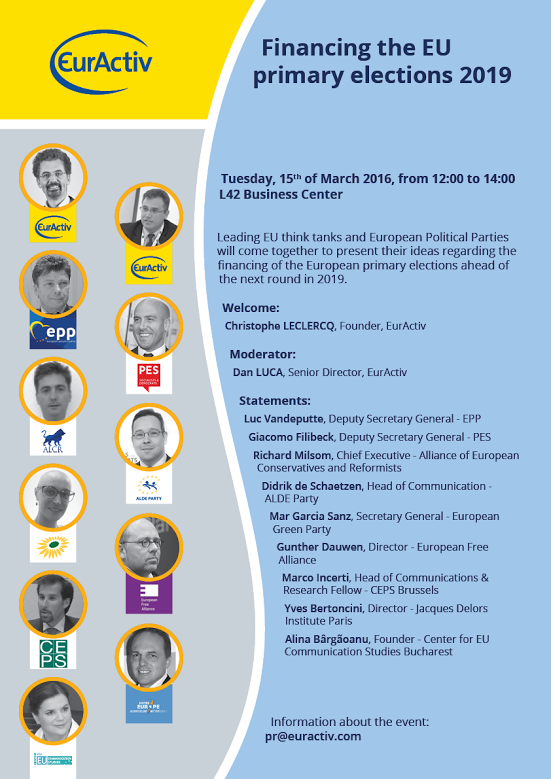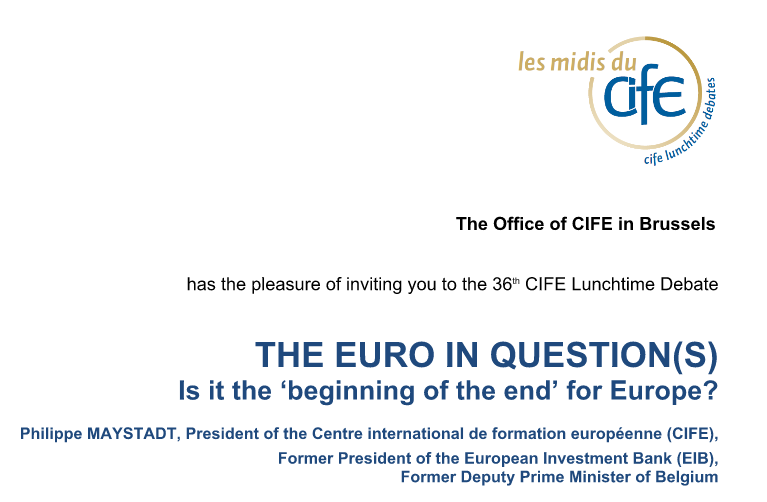
Future of IFRS: what purpose(s) do we want annual accounts to serve?
Event Type
Organiser type
Section
Event Location
Event Description
International Financial Reporting Standards (IFRS), prepared by the London-based International Accounting Standards Board (IASB), aim to standardise accounting practices internationally. In order to enhance the development of the single capital market in Europe, IFRS were introduced for consolidated accounts of EU-listed companies in 2005 as a result of a Regulation in 2002. That Regulation is currently being reviewed by the European Commission as part of its Better Regulation agenda. Before becoming law in the EU, IFRS must undergo an endorsement process that involves European Financial Reporting Advisory Group (EFRAG) and the Accounting Regulatory Committee (ARC). EFRAG’s objectives are to ensure that Europe – with the active involvement of all European stakeholders - is exercising a strong influence on the development of IFRS from a technical perspective and to provide technical advice to the European Commission on accounting matters. At the same time, the IASB is revising certain standards following the financial crisis as well as the conceptual framework that underpins international accounting rules.
A lively debate on these standards is presently taking place at European level. Alongside the mounting irritation towards the US hesitation to endorse the global standards and the consequent lack of comparability of financial statements across the globe, some argue that the EU is progressively losing its ability to influence the development of IFRS within the IASB that is becoming more and more international.
Meanwhile, others claim that the long-running convergence project with the US has led to a loss of prudence, a concept embedded in the European accounting tradition. On the other hand, many advance the case that IFRS have had a positive effect on the quality and comparability of the financial statements. The questions of the governance of the IASB, of the role of EFRAG and ARC are also under discussion, namely in the context of the financing of these bodies for the next budgetary period.
Syed Kamall MEP and Theodor Dumitru Stolojan MEP are therefore delighted to invite you to a high level debate organised by ACCA (the Association of Chartered Certified Accountants) on the “Future of IFRS: what purpose(s) do we want annual accounts to serve?” to discuss these topical issues and debate with a range of experts the relevance of IFRS in today’s economic environment – are they still fit for purpose, but also what needs to change as IFRS in Europe enters its second decade?
RSVP by 29 April to cecile.bonino@accaglobal.com (late registration will not be accepted, the security rules of the European Parliament are strict)
If you do not have a permanent pass for the European Parliament, please indicate your:
-Full name and first name
-Date of birth
-Nationality
-Passport or ID number
-Place of birth
-Residence (full home address)
Draft agenda
9.30am: Registration
10am: Welcome speech by Syed Kamall, MEP
10.10am: Panel 1 - The relevance of IFRS in today’s economic environment, are they still fit for purpose? moderated by Richard Martin, Head of Corporate Reporting, ACCA
- Philippe Danjou, Member of the board, International Accounting Standards Board
- Professor Stella Fearnley, Bournemouth University
- Danny Van Quaethem, Financial analyst, Societe Generale Private Banking NV
- Claes Norberg, svensktnaringsliv, BusinessEurope
- Roger Collinge, Head of Corporate Governance Group, UK Shareholders Association, tbc
- Fédération Francaise des Sociétés d'Assurances, invited
Q&As (10mins)
11.30am: Panel 2 What does Europe need to change as IFRS enter its second decade? moderated by Liesel Knorr, Chair of the DRSC (Accounting Standards Committee of Germany)
- Francoise Flores, Chairman, European Financial Reporting Advisory Group
- Didier Millerot, head of Accounting and Financial Reporting unit, DG MARKT, European Commission
- Steven Maijoor, Chair of European Securities and Markets Authority
- Mark Vaessen, Chairman Corporate Reporting Policy Group, Fédération des Experts-Comptables Européens
- Gordon Kerr, Cobden Centre
Q&As (10mins)
12.50pm: Concluding remarks Theodor Dumitru Stolojan, MEP
1pm: Sandwich lunch
Related Events
The Great Recession and the European debt crisis have reignited the debate about deeper fiscal integration in the Eurozone. Supporters of further integration argue that fiscal risk sharing is necessary to increase the resilience of the European economy against macroeconomic shocks.
Join us to discuss financial literacy as a key transversal, supporting long-term outcomes like entrepreneurship and employability!
Europe's commitment to a single capital market dates back nearly 60 years.

“Education and training 2020 - giving today's young people the workplace skills they will need”
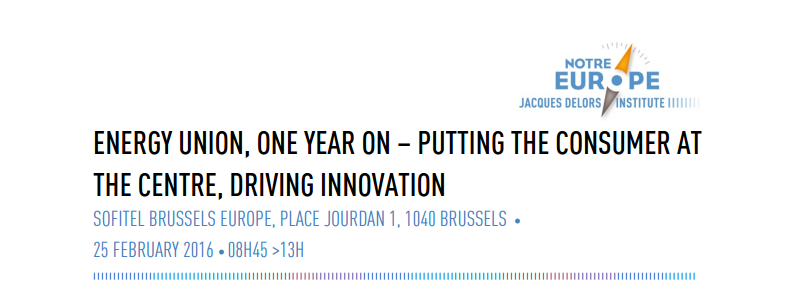
Building namely on a policy proposal made by the Jacques Delors Institute, the European Commission tabled its ‘Energy Union Strategy’ on February 25th 2015.

The American Chamber of Commerce to the European Union (AmCham EU)
is pleased to invite you to the launch of a new study
“SMEs’ access to Finance: A new “Financing Mix” to be set up within the EU
The Case for Investing in Europe
on Wednesday 24 June 2015 from 14:00 to 18:30





